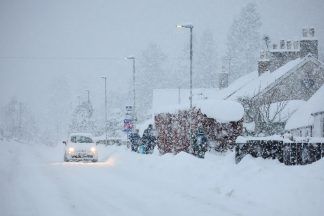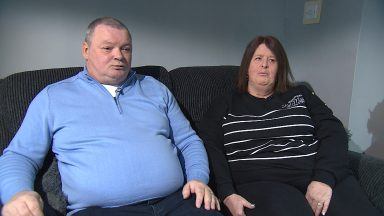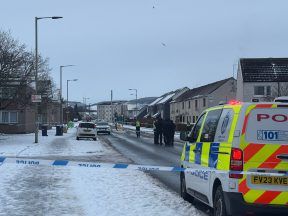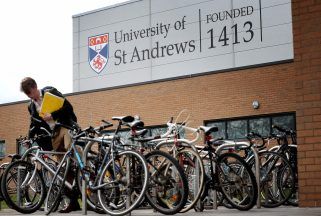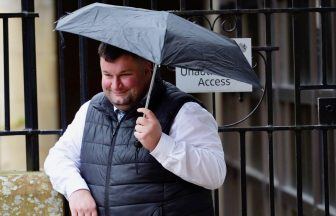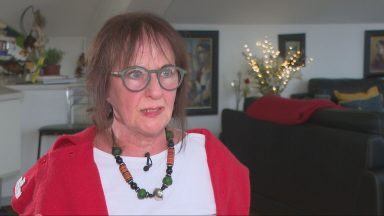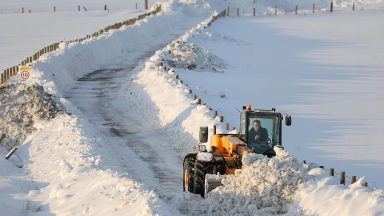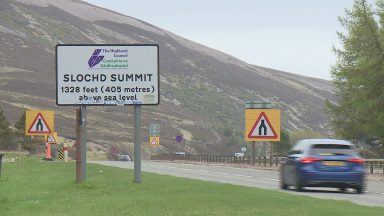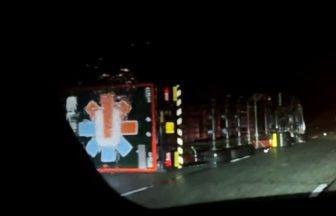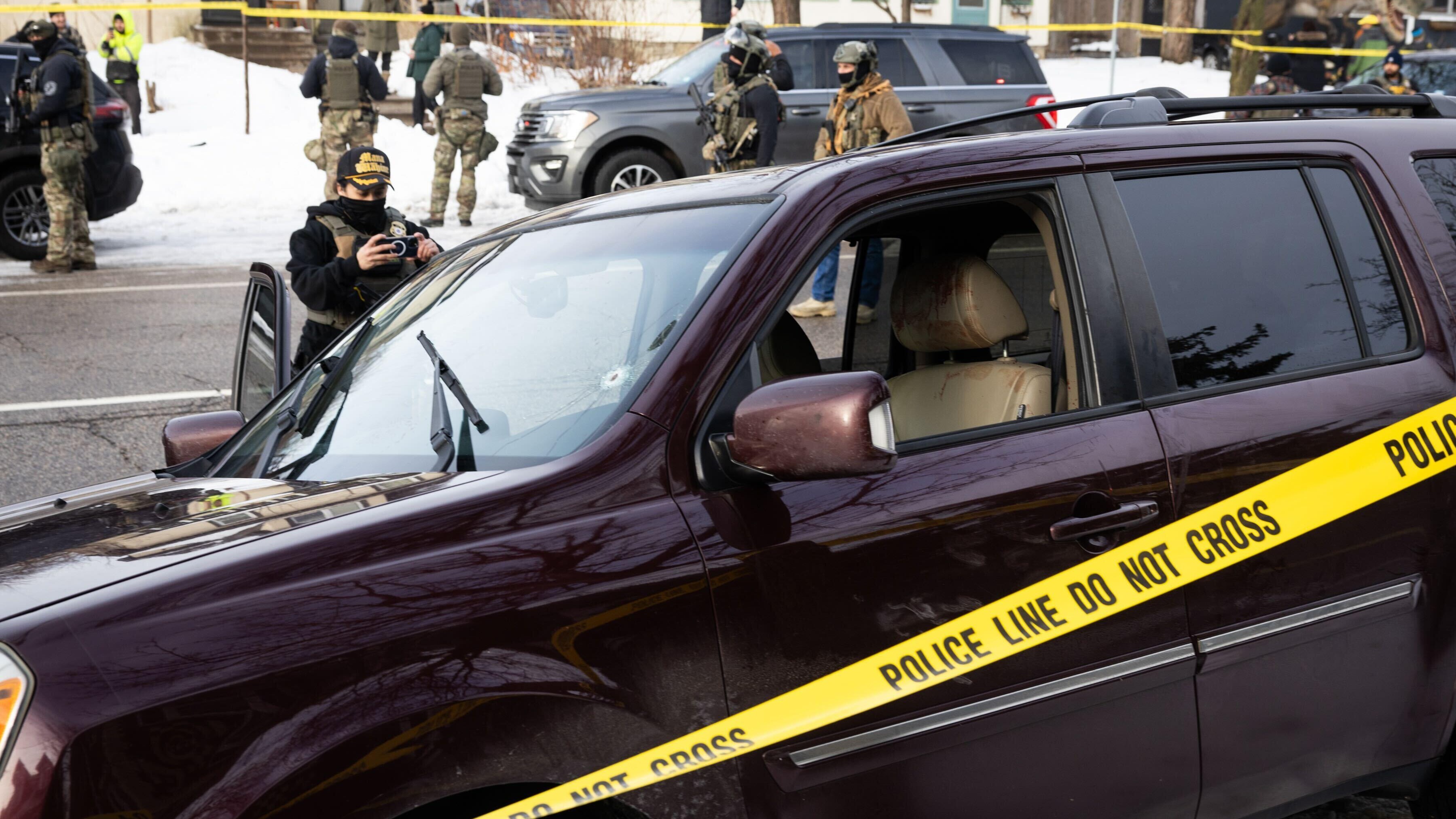Newborn babies are 80% less likely to be hospitalised with respiratory syncytial virus (RSV) if pregnant mothers take the new vaccine, Public Health Scotland (PHS) has said.
Scotland’s RSV vaccination programme launched in August 2024, with the new maternal vaccine offered from the 28th week of pregnancy.
RSV is a common respiratory virus that causes a mild illness with cold-like symptoms in most people, but can also cause more severe respiratory infections like pneumonia.
PHS said the vaccine enables protective antibodies to pass from mother to baby before birth, helping to shield newborns during their first six months of life – the period when they are most at risk of severe RSV illness.
A PHS study found that between August 12, 2024 and March 31 this year, 13,878 pregnant women received the maternal RSV vaccination.
It said that, as a result, 228 fewer babies under three months of age were admitted to hospital with serious RSV infections during the peak season of the virus between August and March.
PHS said that infants under three months of age, whose mother had the RSV vaccination during pregnancy, were about 80% less likely to be admitted to hospital with an RSV infection compared with those who were not.
Dr Kimberly Marsh, interim lead in Viral Respiratory Pathogens at PHS, said: “The RSV vaccine is helping to protect our youngest infants when they need it most.
“It’s preventing the distress and suffering that severe RSV infections can cause and means more babies are benefiting from a healthy start to life.
“As the RSV season approaches, this is the right time for every pregnant woman to speak to their midwife about getting vaccinated from 28 weeks in their pregnancy.
“In its first year, half of those pregnant women who were eligible for the vaccination took it up.
“Now that we can show how well the vaccine has already worked in Scotland, we hope that even more women will choose to take the vaccine so that more babies can thrive without the trauma of a severe RSV infection.”
RSV is one of the leading causes of bronchiolitis and pneumonia in babies under six months old, PHS said.
Scotland’s public health minister, Jenni Minto, said: “RSV can be life-threatening for newborn infants, that is why it is so positive to see this evidence of the impact of the maternal RSV vaccine in helping to reduce the likelihood of hospitalisation in those aged 0-3 months by around 80% among mothers who received a vaccine compared to those who weren’t vaccinated.
“I strongly encourage all pregnant women who are offered the vaccine to take up the offer in order to protect their newborn babies.”
Dr Louisa Pollock, consultant general paediatrics and paediatric infectious diseases at Glasgow’s Royal Hospital for Children, also urged people to come forward for vaccination.
She said: “Our wards have been full every winter with hundreds of sick babies admitted with RSV infections.
“Babies with RSV can struggle to feed and to breathe. As there is no specific treatment for the virus, all we can offer is supportive care with feeding tubes or oxygen. RSV can be life-threatening, with the most severely ill babies needing intensive care.
“In the first winter after the vaccine was launched, we know that many young babies have been protected from this disease, but we also know that many babies who missed out on the vaccine’s benefits became very unwell.
“As paediatricians, we’re optimistic that, as more pregnant women get vaccinated, we’ll see fewer very sick babies and distressed families.
“If you are pregnant, you can have the RSV vaccine from your 28th week of pregnancy. I would urge you to accept it and protect your baby from this distressing and potentially very serious illness.”
Follow STV News on WhatsApp
Scan the QR code on your mobile device for all the latest news from around the country


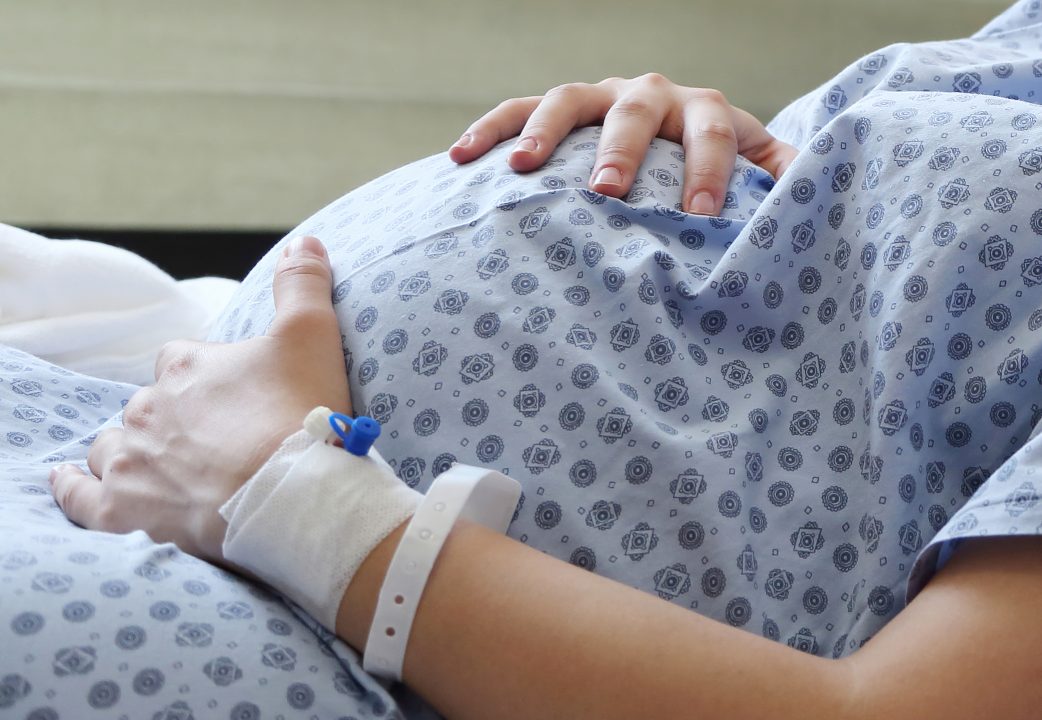 iStock
iStock

